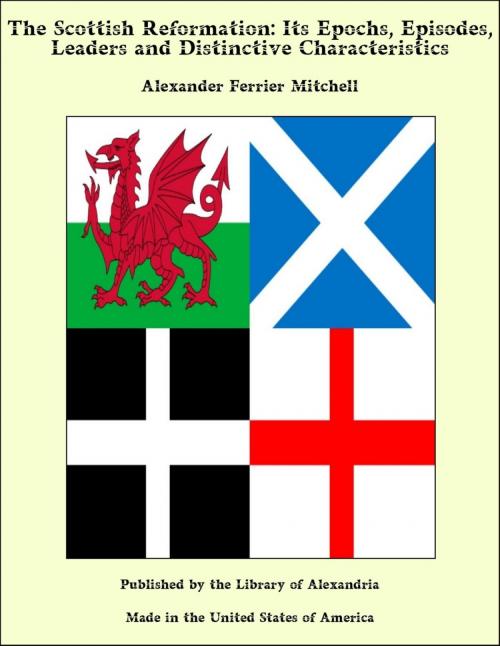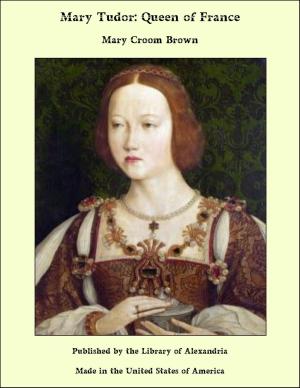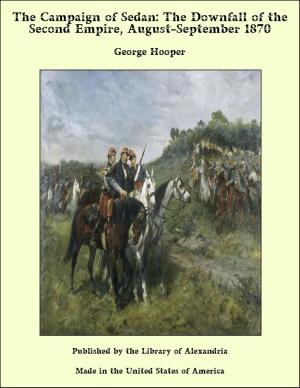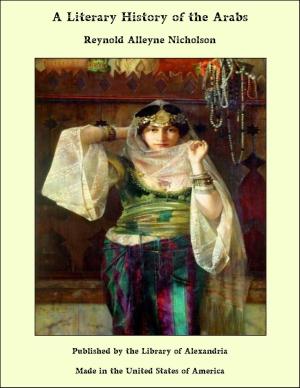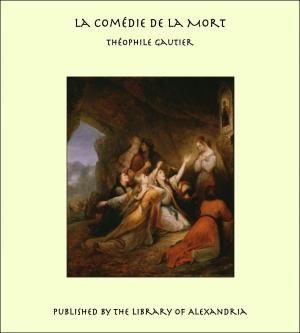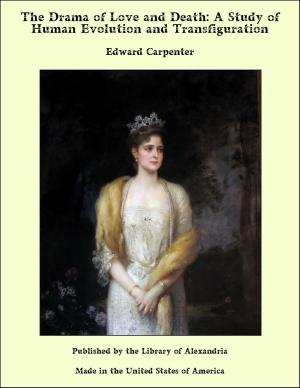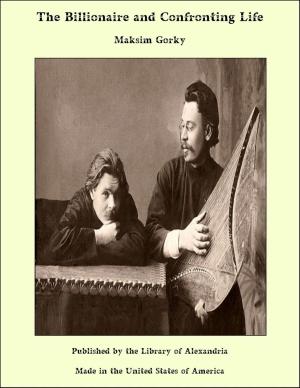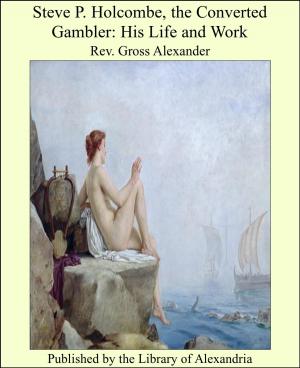The Scottish Reformation: Its Epochs, Episodes, Leaders and Distinctive Characteristics
Nonfiction, Religion & Spirituality, New Age, History, Fiction & Literature| Author: | Alexander Ferrier Mitchell | ISBN: | 9781465593856 |
| Publisher: | Library of Alexandria | Publication: | March 8, 2015 |
| Imprint: | Language: | English |
| Author: | Alexander Ferrier Mitchell |
| ISBN: | 9781465593856 |
| Publisher: | Library of Alexandria |
| Publication: | March 8, 2015 |
| Imprint: | |
| Language: | English |
A pathetic and almost melancholy interest attaches to this volume of the Baird Lectures. Their scholarly and accomplished author may be said to have entered on the last stage of the malady to which he succumbed when they were read for him in Blythswood Parish Church, Glasgow, by his friend and former student, Professor Robertson, the closing one, indeed, having been delivered but a few days before his death. In proof of the deep interest which he took in the subject of these Lectures, and of his desire to present them in as perfect a form as possible, it may also be mentioned that he employed his time in revising them while confined to bed during the protracted and painful illness through which he passed. The editing of them he intrusted to another friend, Dr Hay Fleming of St Andrews, with whom he had much in common—similarity of tastes and interest in the same literary pursuits having led to an intercourse between them which ripened into mutual confidence and esteem. Had Professor Mitchell lived to see the work through the press himself, there is hardly room to doubt that, as in the case of most of his other publications, additional explanatory and supplementary notes on obscure points would have been appended by him. As it is, the editor in executing his task has done what he could in this respect. When the decease of the venerable Professor took place at St Andrews towards the end of March of this year, it was felt that the Church of Scotland had been bereft not only of one of her ablest and most trusted leaders, but of one of the wisest and warmest friends of her missions; and the many tributes paid to his memory, both from the pulpit and in the press, were all expressive of the high regard in which he was held, and of the sense of public loss caused by his removal. But the loss was not that of his own Church alone, nor of the University with which his name had been so long and so honourably associated. There are those in other communions who had learned to look upon him as "a master of Israel," and in all Presbyterian Churches especially he was recognised as one of the ablest and most learned exponents of the principles which they hold in common, and as one of the most earnest defenders of "the faith once delivered to the saints." As many of those who are familiar with Professor Mitchell's writings may know little or nothing of his personal history, it has been suggested that a short biographical sketch of him would form an appropriate introduction to this posthumous volume. The particulars woven together in the following narrative have been collected from various sources, some of them having been furnished by members of his own family.
A pathetic and almost melancholy interest attaches to this volume of the Baird Lectures. Their scholarly and accomplished author may be said to have entered on the last stage of the malady to which he succumbed when they were read for him in Blythswood Parish Church, Glasgow, by his friend and former student, Professor Robertson, the closing one, indeed, having been delivered but a few days before his death. In proof of the deep interest which he took in the subject of these Lectures, and of his desire to present them in as perfect a form as possible, it may also be mentioned that he employed his time in revising them while confined to bed during the protracted and painful illness through which he passed. The editing of them he intrusted to another friend, Dr Hay Fleming of St Andrews, with whom he had much in common—similarity of tastes and interest in the same literary pursuits having led to an intercourse between them which ripened into mutual confidence and esteem. Had Professor Mitchell lived to see the work through the press himself, there is hardly room to doubt that, as in the case of most of his other publications, additional explanatory and supplementary notes on obscure points would have been appended by him. As it is, the editor in executing his task has done what he could in this respect. When the decease of the venerable Professor took place at St Andrews towards the end of March of this year, it was felt that the Church of Scotland had been bereft not only of one of her ablest and most trusted leaders, but of one of the wisest and warmest friends of her missions; and the many tributes paid to his memory, both from the pulpit and in the press, were all expressive of the high regard in which he was held, and of the sense of public loss caused by his removal. But the loss was not that of his own Church alone, nor of the University with which his name had been so long and so honourably associated. There are those in other communions who had learned to look upon him as "a master of Israel," and in all Presbyterian Churches especially he was recognised as one of the ablest and most learned exponents of the principles which they hold in common, and as one of the most earnest defenders of "the faith once delivered to the saints." As many of those who are familiar with Professor Mitchell's writings may know little or nothing of his personal history, it has been suggested that a short biographical sketch of him would form an appropriate introduction to this posthumous volume. The particulars woven together in the following narrative have been collected from various sources, some of them having been furnished by members of his own family.
